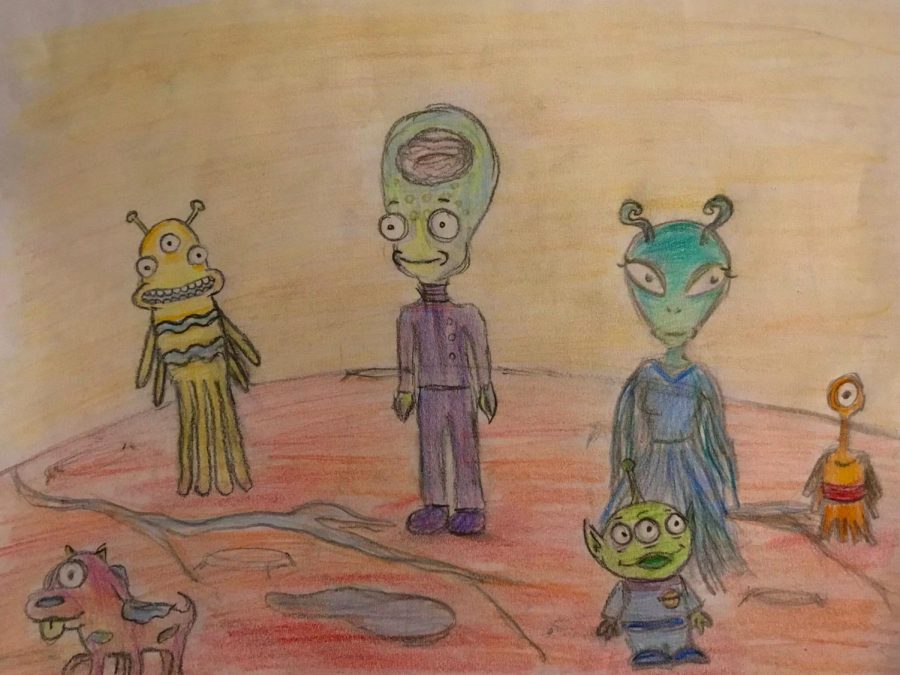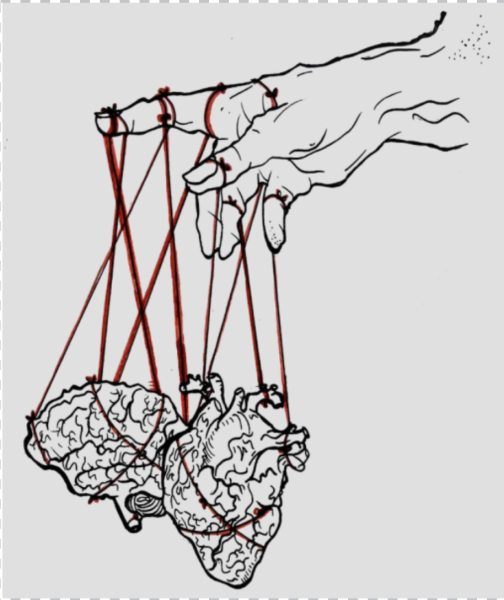Is There Anybody Out There?
Whether we’re alone in this universe or not has been an unanswered question for centuries. Sightings of extraterrestrial life led to infinite debates and conflicting beliefs, which sparked one of the largest debates in the modern world: is there life on other planets?
In 1971 the first satellite successfully entered planet Mars’ orbit. Now, early in 2021, NASA launched its first ever rover to explore the Jezero Crater to see whether there was every life on this red planet.
On the 18th of February at around 21:55, the SUV sized rover called Perseverance landed on Mars in the hopes of finding microfossils and rocks in the soils in the Jezero Crater. This rover was unlike any other rovers that were created. It cost over two billion dollars, which allowed for a small helicopter to be travelled to Mars on Perseverance. This helicopter is not only fascinating as it is a helicopter on Mars, but it’s also the first controlled flight on another planet. It will run a few tests on Mars and if they are successful it could change the way we carry out space travel – imagine being able to control small helicopters on planets, similarly to how we control toy cars.
As previously mentioned, one of the most fascinating things about this recent mission to Mars is the helicopter attached to it called Ingenuity. Ingenuity is supposed to be exploring the red planet beginning of April. The main problem with this remote control helicopter is that it can only explore the planet’s surface for 31 earth days, which is why extra time and consideration must be taken to ensure that Ingenuity’s mission to be the first successful controlled flight on another planet.
3.5 billion years ago the Jezero Crater was a large lake. Although all the water is now completely gone, NASA believes that researching this area may lead to the discovery of previous signs of life in the form of fossils. Fossils may appear to be a small discovery, however, this ‘small’ discovery would allow for us to understand why rocky planets similar to ours no longer contain life. If Mars ever contained life it would be pretty amazing as we cannot underestimate what discoveries it would lead to. Through this proof of life on Mars, we can understand how our planet Earth might evolve.
The planet Mars as we see it today, is not how scientists believe it was billions of years ago. Mars used to have a magnetic field due to the molten core which protected the planet from the sun’s radiation, as well as creating a thicker atmosphere that kept the planet warm. Without this magnetic field, the planet’s average temperature is now around -63° C, and its atmosphere is made up of about 95.3% Carbon dioxide. These two factors combined make the planet unlivable today.
After these features of the planet were known, the question of whether life could ever exist on Mars was raised. Therefore, in 2012, NASA sent up another rover called Curiosity to answer this exact question. Within one year, Curiosity managed to make its way to the Gale Crater and verify that there once was water and chemical elements that could have supported life on Mars.
In addition to the budget cuts, which many governmental space agencies face, another huge challenge for these organisations is the reliability of their findings. As it is possible for the rovers to contain earthling microbes. This is a problem as the rovers may detect living organisms on Mars, when in reality they simply come from our own planet. Not only could this lead to false results, but in worst cases, these earthling microbes could potentially interfere with any life that is already on Mars.
As you may have noticed, finding signs of life on Mars is not an easy task. There have been dozens of missions aiming to give our modern society answers about the rocky planet, but life has yet to be discovered. Although there have been many advancements in recent projects, the missions to find life is yet to be achieved. If life is ever found on Mars, we have proof that we aren’t the only living things in our universe, which doesn’t make us nearly as special as we believe we are.

Hi, I'm Carlijn and I've been a part of the high for 2 years. In addition to writing articles covering various topics such as world news, school news even...







